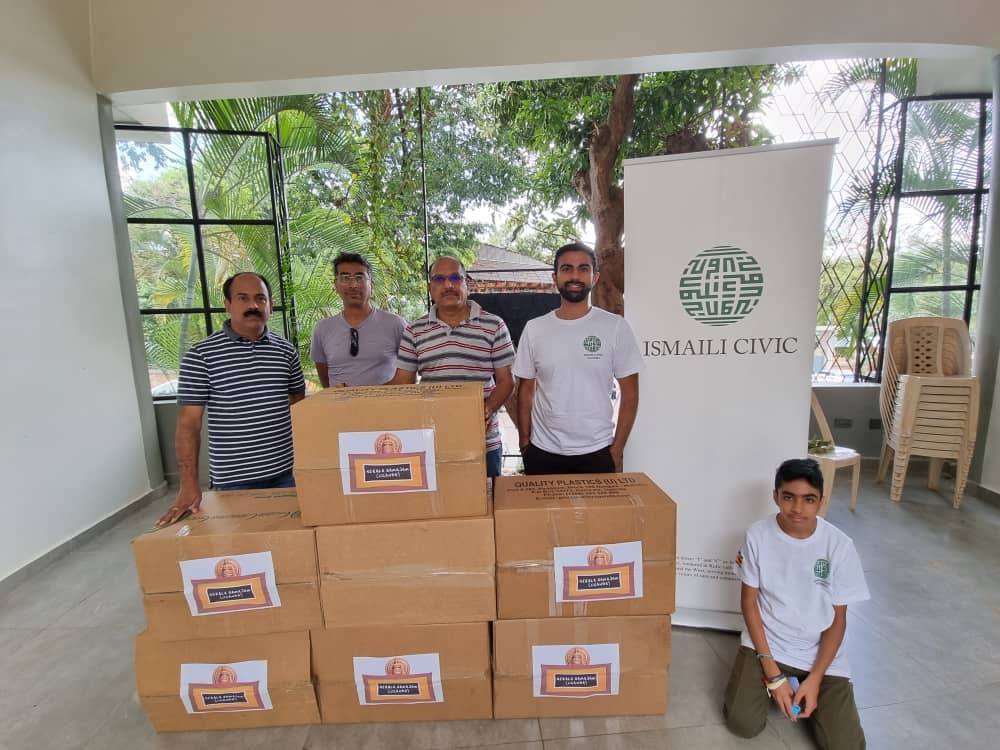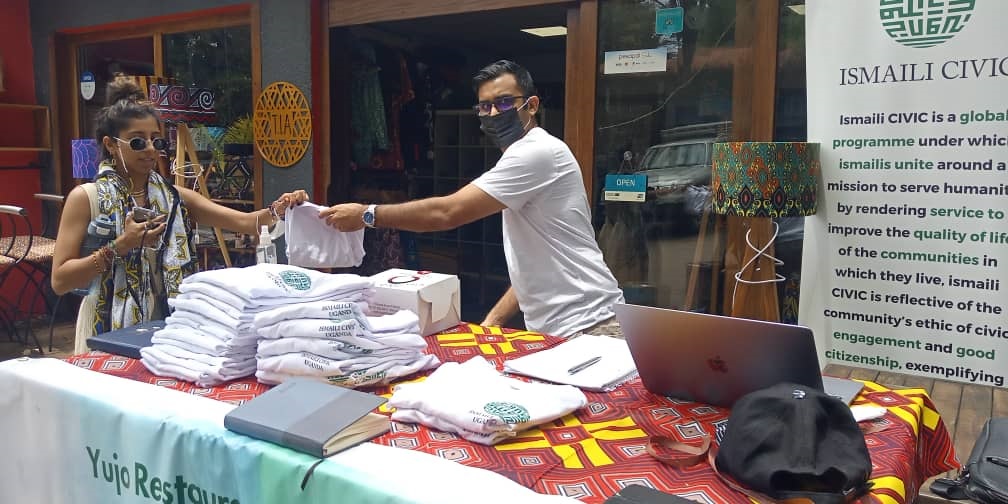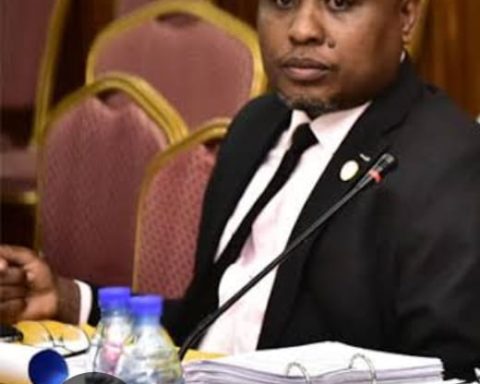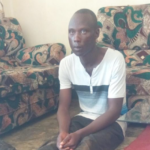The Muslim’s organization and Indian Association joined by Ugandan music star Edrisah Musuza alias Eddy Kenzo kicked off the activities yesterday Saturday and today Sunday, with collection of relief aid items from their drop off points listed below;
• Aga Khan High School
• Fairway Hotel, Nakasero
• Yujo Restaurant, Nakasero.
Among the items collected include;
Clothes and Shoes
• Books/Textbooks/Newspaper
• Note pads, pens, pencils, crayons, colors
• Old computers/phones
• Small household items such as lamps, pots, pans, utensils, among others that will be delivered to vulnerable communities.
While launching the campaign on Saturday, Mr Jaffer Azhar, one of the organizers, also Managing Director Fairway Hotel, which is one of the collection centres said the Ugandan activities coincide with similar events by Shia Ismaili Muslim communities in 26 countries around the world.

“We are collecting used household items and clothing, Information and Technology equipment like used [mobile] phone [handsets] and computers which we shall fix and donate to communities, old newspapers from which people can create things to sell and earn income,” he said.
Siyan Hudda, the other attendant we found at another collection point in Nakasero said the Ismaili community does this annually for the betterment of the communities.
“Your donation will be deeply appreciated and can help make a difference to those who are less fortunate. Thank you on behalf of the Aga Khan community and the Uganda Ismaili Civic Team,” said Siyan while receiving more from Samaritans who passed by to drop clothes.
Azhar added that by doing such humanitarian activities aimed at improving the communities in which they live, they don’t expect any pay back by the beneficiaries, but it’s in their religious teachings that you have to share with less preveledged in your community for better co-existance and then God rewards you more.
Ismaili CIVIC is a global programme under which the Shia Ismaili Muslim community across the world has united around its centuries old tradition of serving humanity by rendering voluntary service to improve the quality of life of the communities in which they live, regardless of faith, gender and background.
This international endeavour reflects the community’s ethic of civic engagement and good citizenship, exemplifying Islam’s core values of service, peace, compassion and care for the vulnerable. Reflecting the pluralism of the Muslim world generally, the Ismailis are a richly diverse community within the Shia branch of Islam who belong to distinct ethno-geographic and linguistic traditions. They are united by their belief in a living hereditary Imam of the Time from the progeny of Prophet Muhammad (may peace be upon him and his family).
According to their program, whatever they’ve collected will be taken to Aga Khan school at old Kampala and sorted out before they start distribution.
Among the beneficiaries of this relief aid include Eddy Kenzo’s Masaka Ghetto Kids Africa, whether they’re expected to receive clothes, shoes, learning materials among others.

What Guiding Principles & Themes Are Relevant To Ismaili CIVIC?;
• Serving humanity
• Improving the quality of life of the communities in which Ismailis live
• Promoting the Ismaili community’s ethic of civic engagement and good citizenship
Within the above context, Ismaili CIVIC programs are categorized into the following thematic areas:
• Health
Health is a state of physical, mental and social well-being. Programs include blood donations, food distribution, health promotion and education, inter-community sports events, etc.
• Education
Education is the process of facilitating learning, or the acquisition of knowledge, skills, values, morals, beliefs, and habits. Programs include early childhood development, adult learning, mentorship, language translation services, literacy, STEM programs, etc.
• Economic Development
Process where the economic well-being and quality of life of a nation, region, local community, or an individual are improved according to targeted goals and objectives. Programs include poverty alleviation, small business/other skills training, career development support, clothing donation drive, affordable housing programs, newcomer support, etc.
• Environmental Stewardship
Environmental stewardship refers to responsible use and protection of the natural environment through conservation and sustainable practices. Programs include tree planting, recycling, parks, street & shoreline clean ups, community waste management programs, etc.
• Culture
Culture is the characteristics and knowledge of a particular group of people, encompassing language, religion, cuisine, social habits, music and arts. Programs include festivals, theatre, art exhibitions, among others.
![]()




























